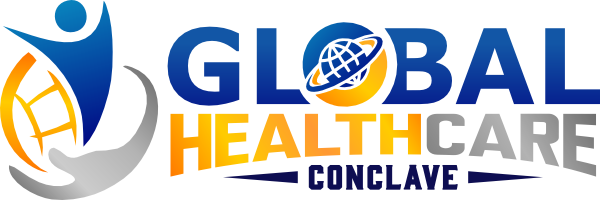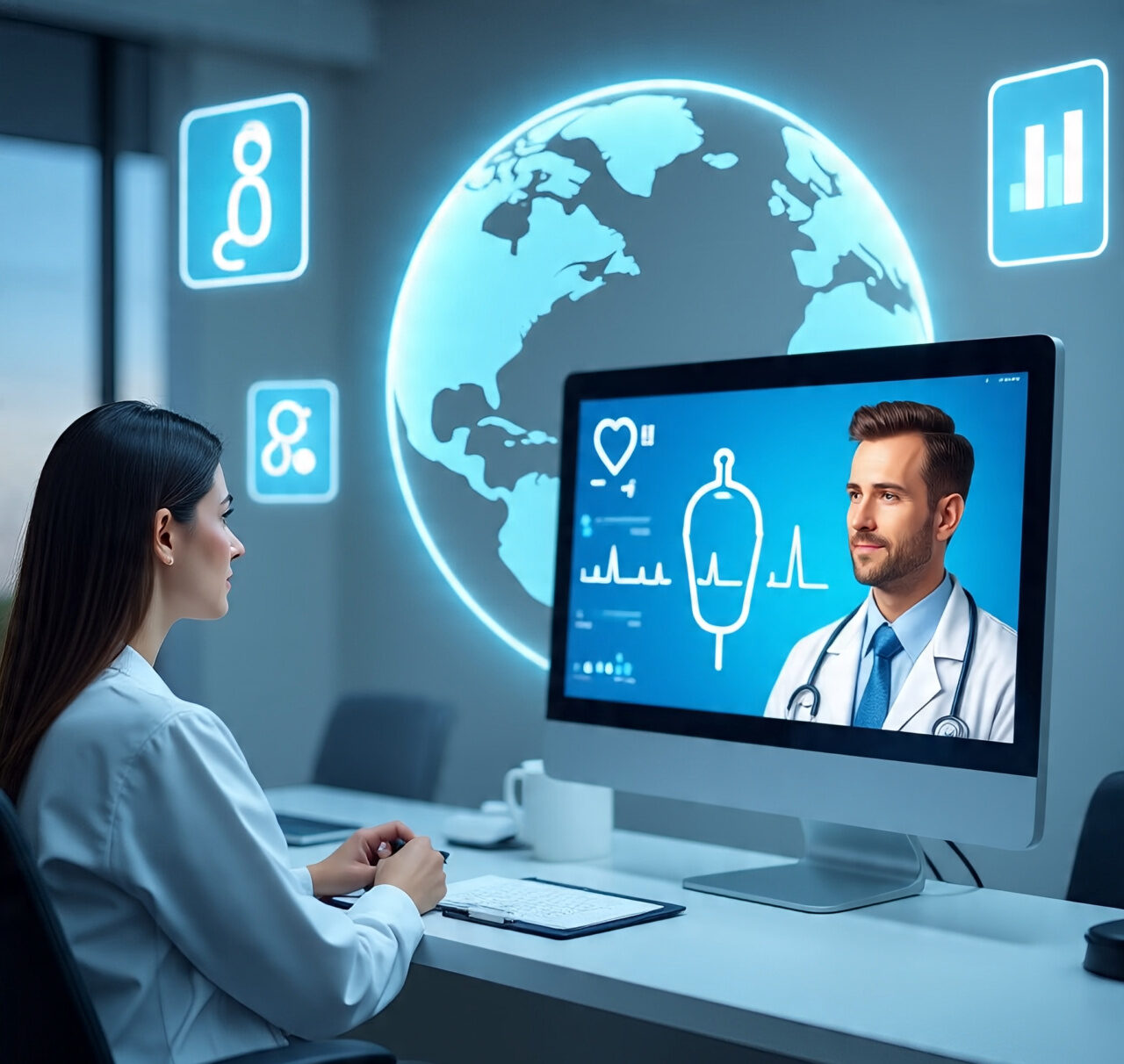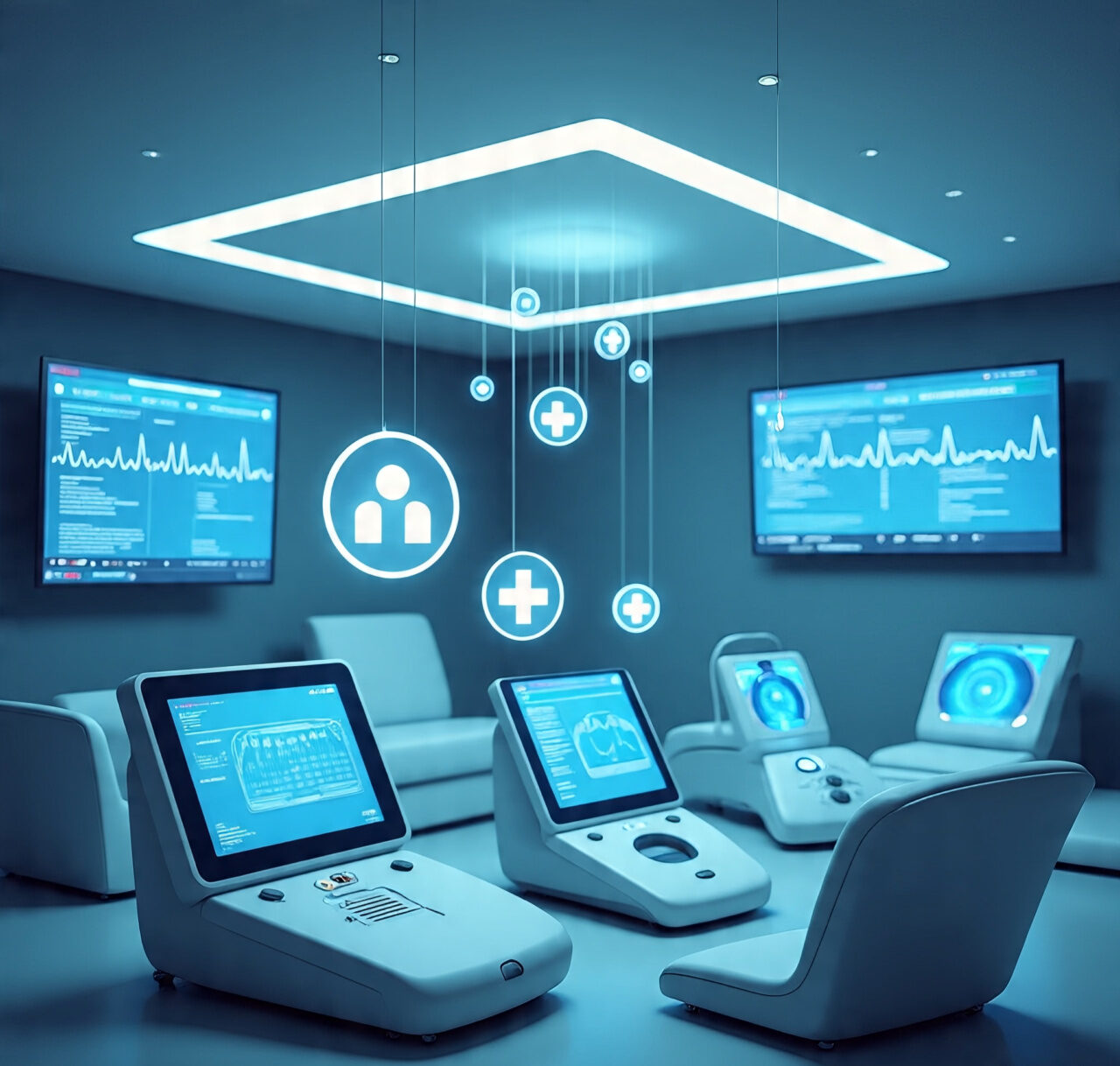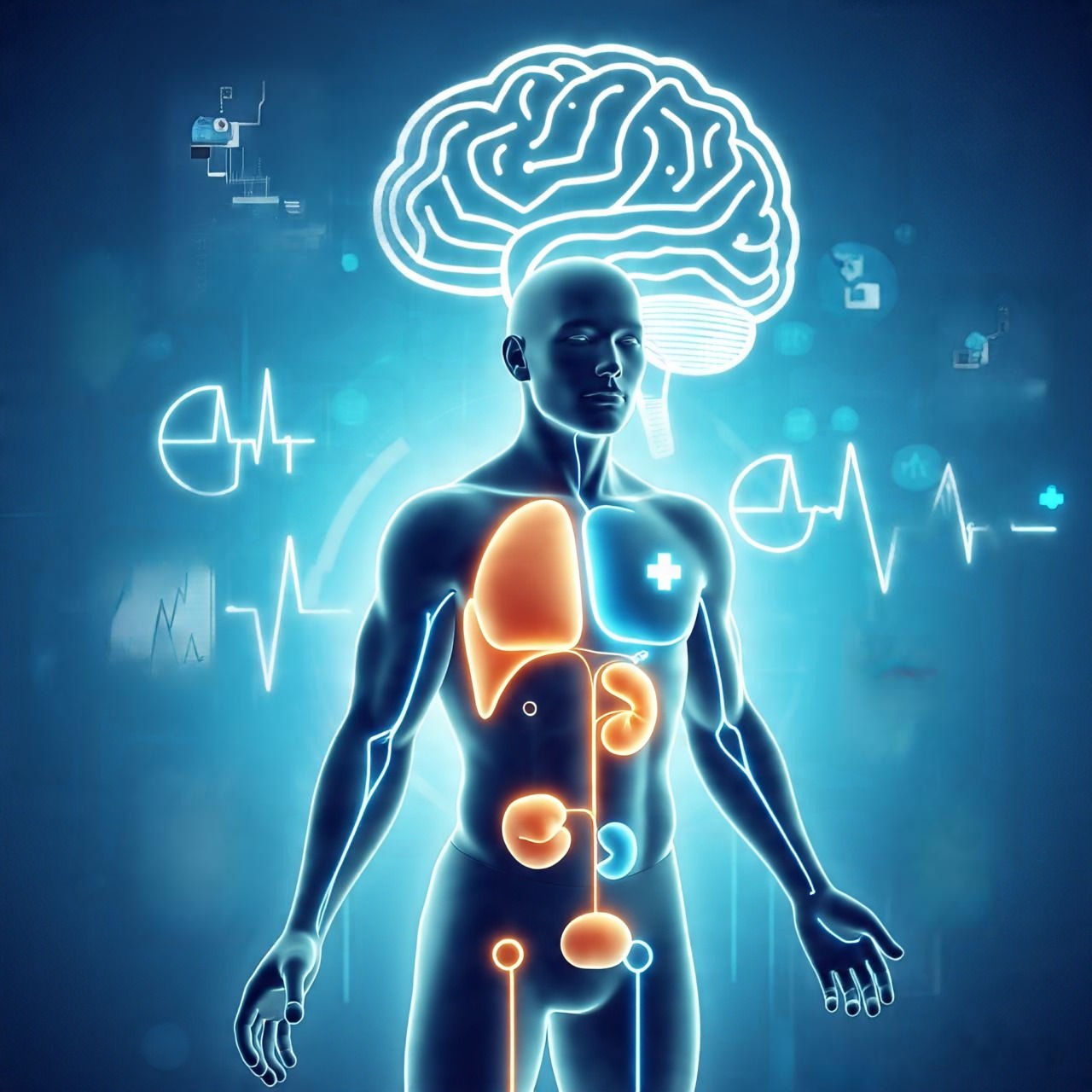
Introduction
Healthcare has always relied on data—patient histories, lab results, and medical imaging—to diagnose and treat diseases. However, with the rise of artificial intelligence (AI), this data is no longer just for looking back at what has already happened. Today, AI is being used to predictive healthcare future health risks, detect diseases early, and even save lives.
This powerful approach, known as predictive healthcare, is transforming the medical world by enabling doctors to anticipate health issues before they become life-threatening. By combining data analytics, machine learning, and real-time monitoring, AI is paving the way for a healthcare system that is proactive rather than reactive.
What is Predictive Healthcare with AI?
Predictive healthcare uses AI-driven algorithms to analyze patterns in patient data and forecast potential health risks. Instead of waiting for symptoms to appear, doctors can now identify early warning signs of conditions like heart disease, diabetes, or cancer.
Examples include:
- Predicting the likelihood of heart attacks based on lifestyle and genetic data.
- Detecting early-stage cancer from subtle patterns in medical imaging.
- Forecasting flu outbreaks by analyzing population health data.
In short, predictive healthcare helps clinicians stay one step ahead of diseases, improving both survival rates and patient outcomes.
How AI Enhances Early Diagnosis
Early diagnosis often makes the difference between effective treatment and severe complications. AI-powered predictive tools can process massive amounts of data within seconds, far beyond human capability.
Here’s how AI improves early detection:
- Medical Imaging Analysis: AI can spot tiny abnormalities in X-rays, MRIs, and CT scans that may be invisible to the human eye.
- Risk Scoring Models: By analyzing family history, lab results, and lifestyle factors, AI can assign risk scores to patients.
- Real-Time Monitoring: Wearables like smartwatches track vital signs, sending data to AI systems that detect irregularities immediately.
For example, AI can alert a doctor about irregular heart rhythms in a patient wearing a smartwatch—helping prevent strokes or heart attacks before they occur.
Reducing Risks and Predictive Healthcare Complications
Predictive healthcare powered by AI is not just about diagnosis—it’s also about risk prevention. With AI, hospitals and doctors can create personalized treatment plans that lower the chances of complications.
- Chronic Disease Management: AI helps patients with diabetes, hypertension, or asthma manage their conditions by predicting flare-ups.
- Hospital Readmission Reduction: AI can identify patients at high risk of readmission and recommend preventive care.
- Medication Safety: AI systems flag harmful drug interactions, ensuring safer prescriptions.
By minimizing risks, AI helps healthcare providers save costs, improve efficiency, and most importantly, save lives.
AI and Improved Patient Outcomes
When care is proactive, patients benefit the most. Predictive healthcare ensures:
- Better Treatment Plans: Personalized based on individual health data.
- Faster Interventions: Doctors can act before conditions worsen.
- Higher Patient Satisfaction: Patients feel more in control of their health when potential issues are identified early.
For instance, oncology departments using AI-based predictive models can identify patients at risk of relapse after treatment and intervene sooner—greatly improving survival chances.
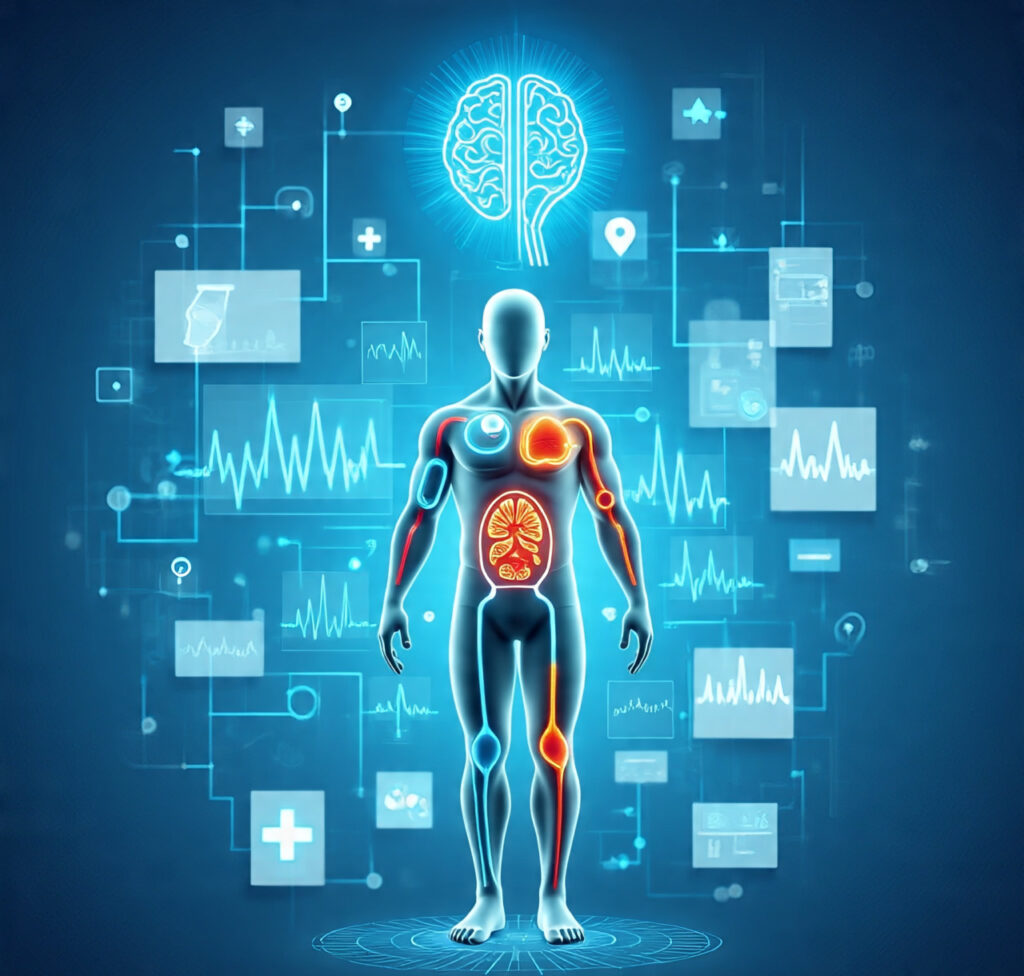
The Future of Predictive Healthcare with AI
The journey of AI in healthcare is just beginning. In the coming years, we can expect:
- Integration with Genomics: AI will analyze genetic data to predict inherited conditions.
- Smart Hospitals: Fully AI-enabled facilities that monitor patients continuously and provide instant alerts.
- Global Health Predictions: AI will track global health trends to prepare for pandemics and outbreaks.
- Stronger AI + Human Collaboration: Doctors will combine their expertise with AI’s precision for better decisions.
As predictive healthcare grows, it will create a safer, more efficient, and patient-centered medical system worldwide.
Conclusion
Artificial intelligence in predictive healthcare is a game-changer for modern medicine. By analyzing data and identifying risks early, AI empowers doctors to prevent diseases, reduce complications, and improve patient outcomes.
Instead of reacting to illnesses, healthcare is shifting toward anticipation and prevention—a transformation that has the potential to save millions of lives globally.
The role of AI in predictive healthcare is not just about technology—it’s about creating a healthier, safer future for all.
